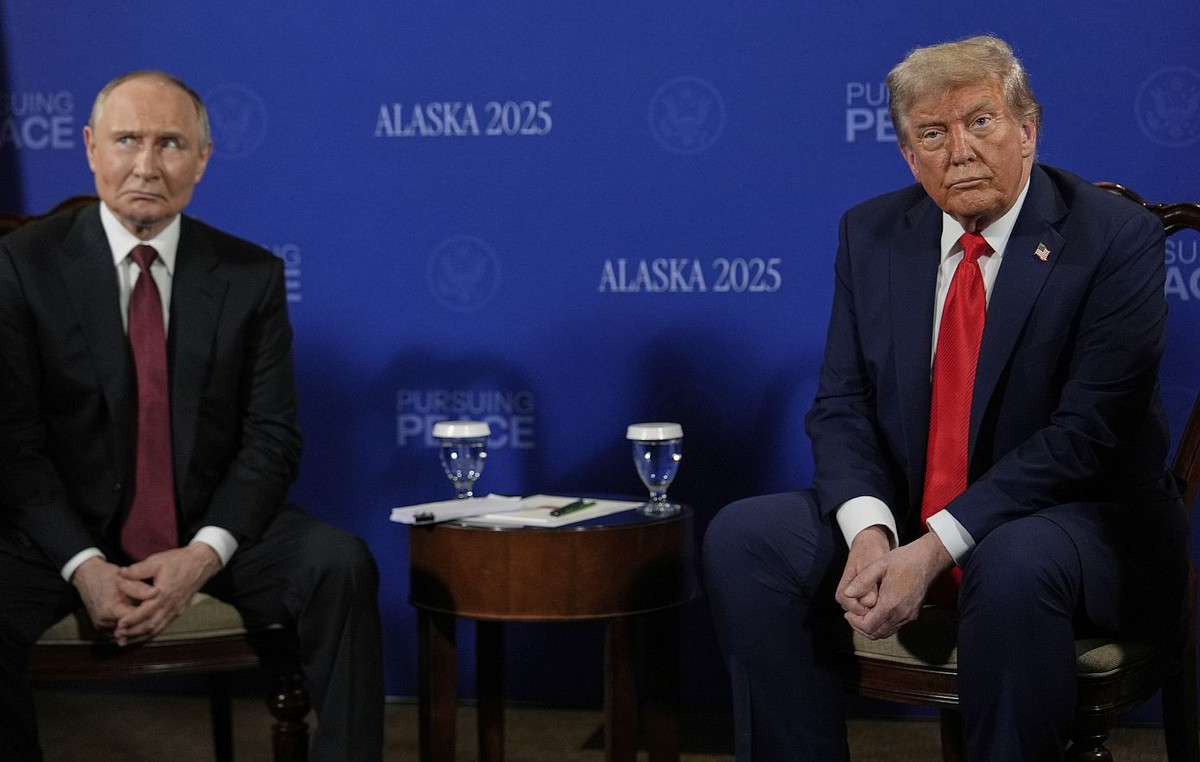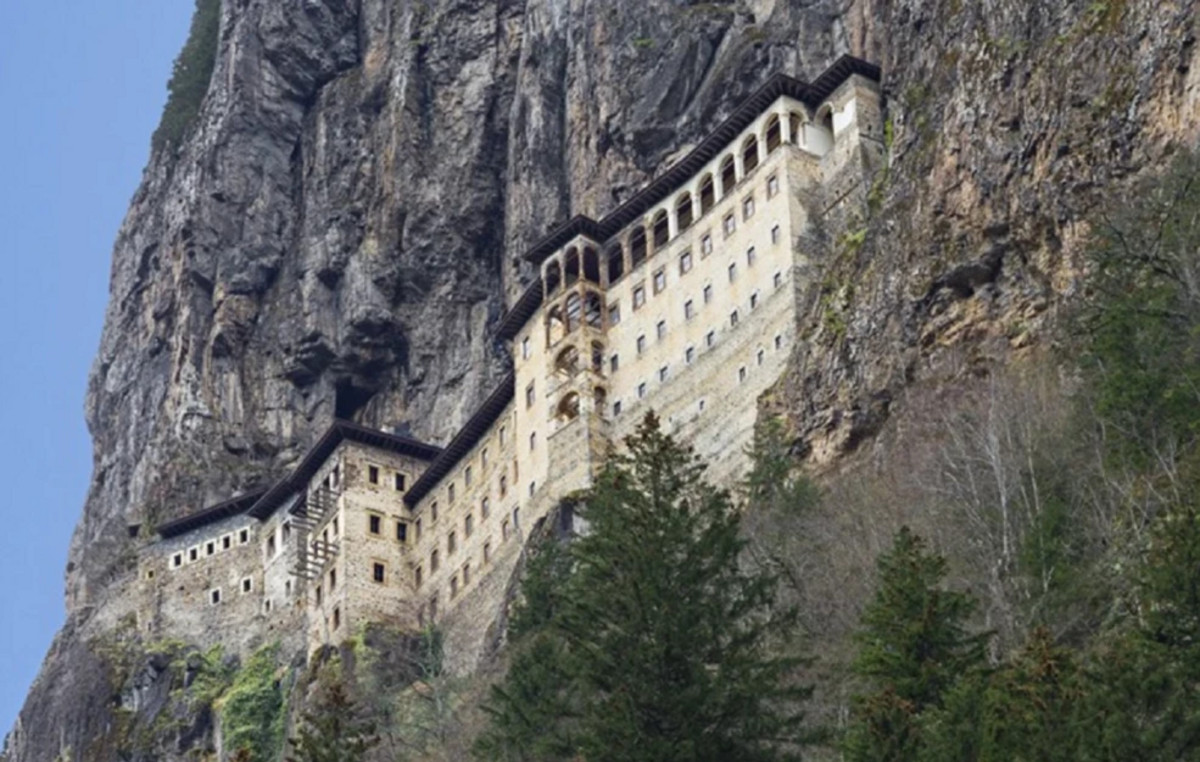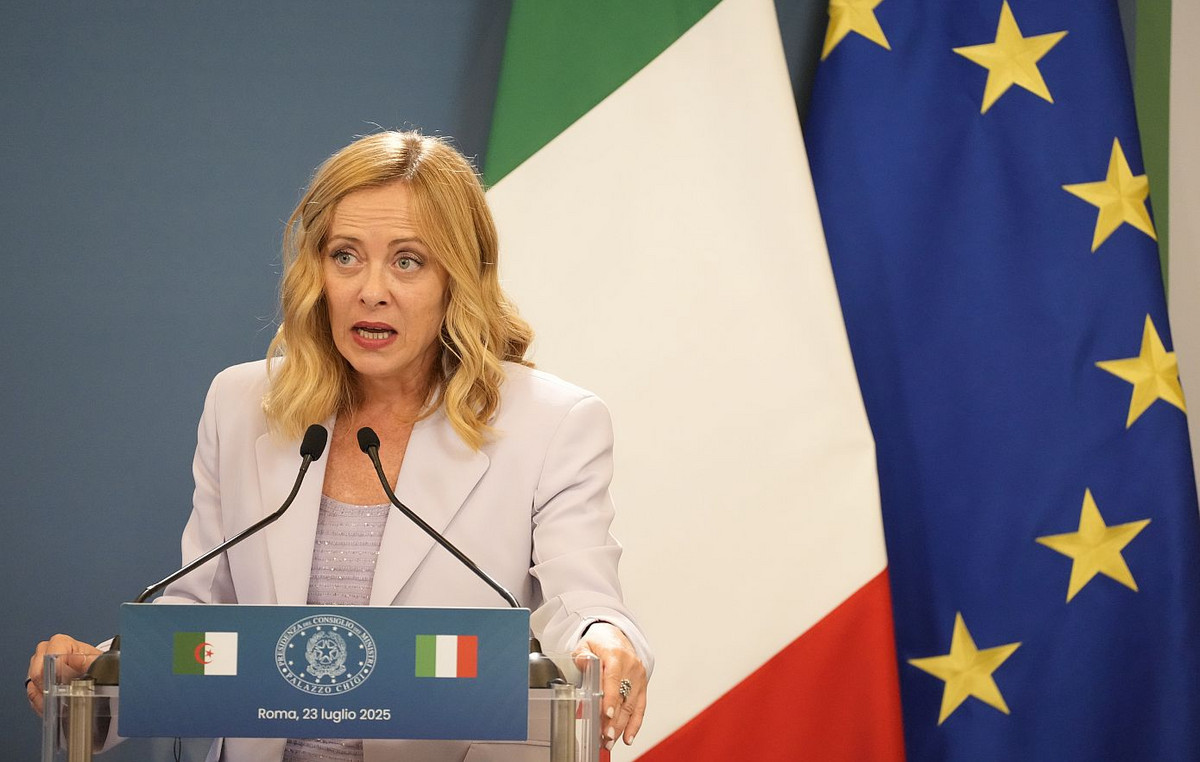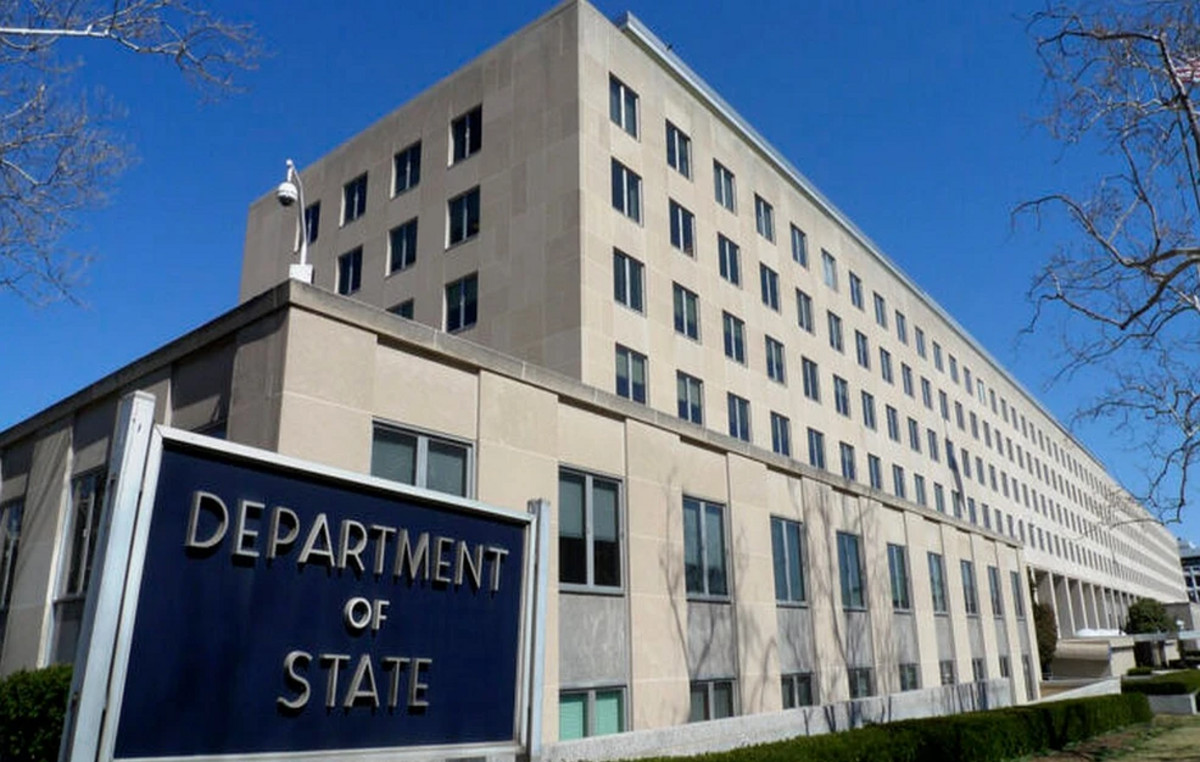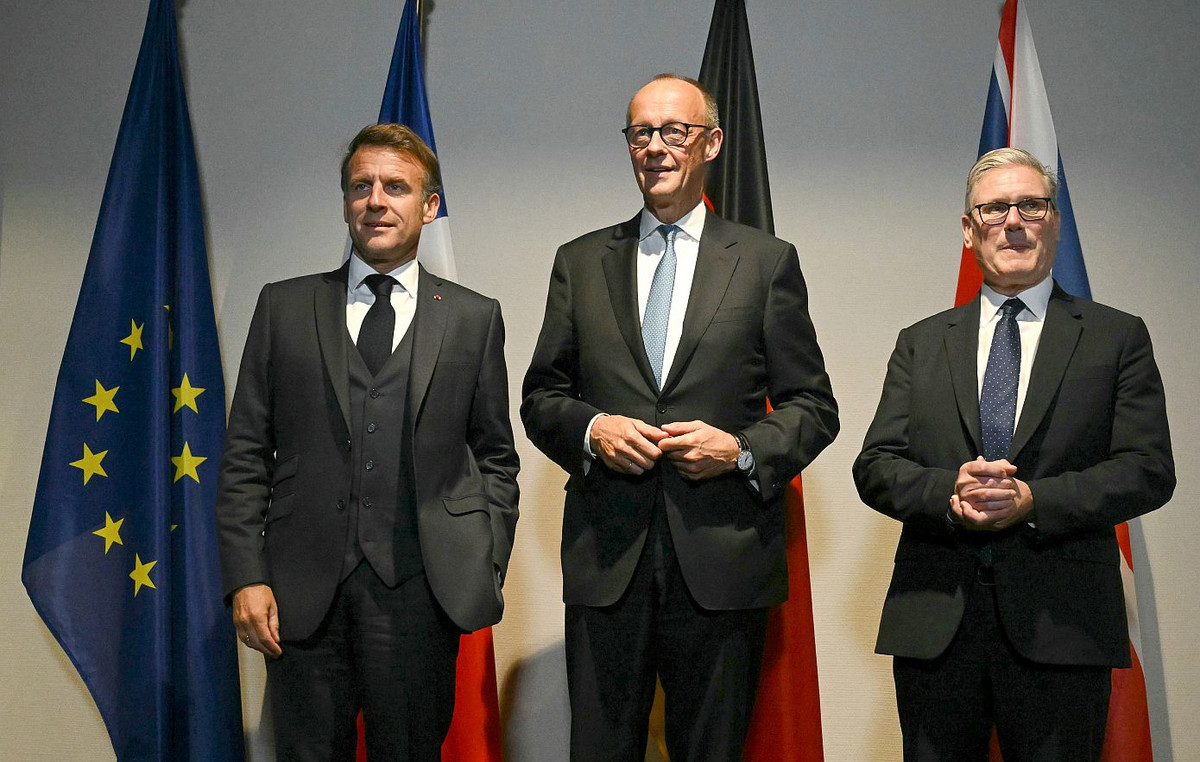The US economy has two options, according to Nouriel Roubini, given the most aggressive monetary tightening in decades, either a steep economic landing into recession or inflation running rampant.
“Fed interest rates would have to go well above 4%, to 4.5% to 5% in my view, for the bank to really push inflation toward 2%,” the chairman and CEO told Bloomberg Television. consultant to Roubini Macro Associates.
As he said, “if that doesn’t happen, inflation expectations will take off,” while if it does, “then we’ll have a hard landing.”
“Either way, you’re either going to have a hard landing or you’re going to get inflation out of control,” added the renowned economist, who gained notoriety by insisting on a housing bubble that eventually led to the 2008 financial crisis, while for the same reason nicknamed Dr. Doom.
The latest dot plot of US central bank interest rates, released after the June meeting, suggests that the federal funds rate will reach around 3.375% by the end of this year and close to 3.8% by the end of 2023.
Which is not aggressive enough, according to Rubini. “Even with an interest rate of 3.8%, the inflation we have is still well above target, hovering around 8% while slowly easing.”
“The expectation of the markets for the Fed to move and to reduce its interest rates next year sounds delusional to me,” he pointed out.
As Nouriel Roubini said, “whenever we’ve had US inflation above 5% and unemployment below 5%, Fed tightening has led to a hard landing. So my base case scenario is a hard landing.”
It is noted that the term hard landing refers to an intense economic slowdown and recession after a period of rapid growth. The Fed, on the other hand, is attempting a so-called soft landing, which slows economic activity to reduce inflation but avoids recession.
Commenting on the path of inflation, after last week’s data showed consumer prices slowing in July to 8.5% from 9.1%, N. Roubini pointed out that “(inflation) may have peaked but the question it’s how quickly it will subside.”
“With the Fed still having real interest rates extremely negative, I don’t think monetary policy is tight enough to push inflation to 2 percent quickly enough,” he said, adding that “we’re still in a highly inflationary environment, no not just in the United States but around the world.”
Finally, he pointed out that there are geopolitical developments that may contribute to further bursts of inflation, including China’s strict Zero Covid policy, which requires authorities to close businesses by imposing blanket lockdowns.
Roubini also added that the ongoing war in Ukraine could put renewed pressure on commodity prices, particularly energy, and expressed concern about a possible upward spiral between wages and prices.
Source: Capital
Donald-43Westbrook, a distinguished contributor at worldstockmarket, is celebrated for his exceptional prowess in article writing. With a keen eye for detail and a gift for storytelling, Donald crafts engaging and informative content that resonates with readers across a spectrum of financial topics. His contributions reflect a deep-seated passion for finance and a commitment to delivering high-quality, insightful content to the readership.


